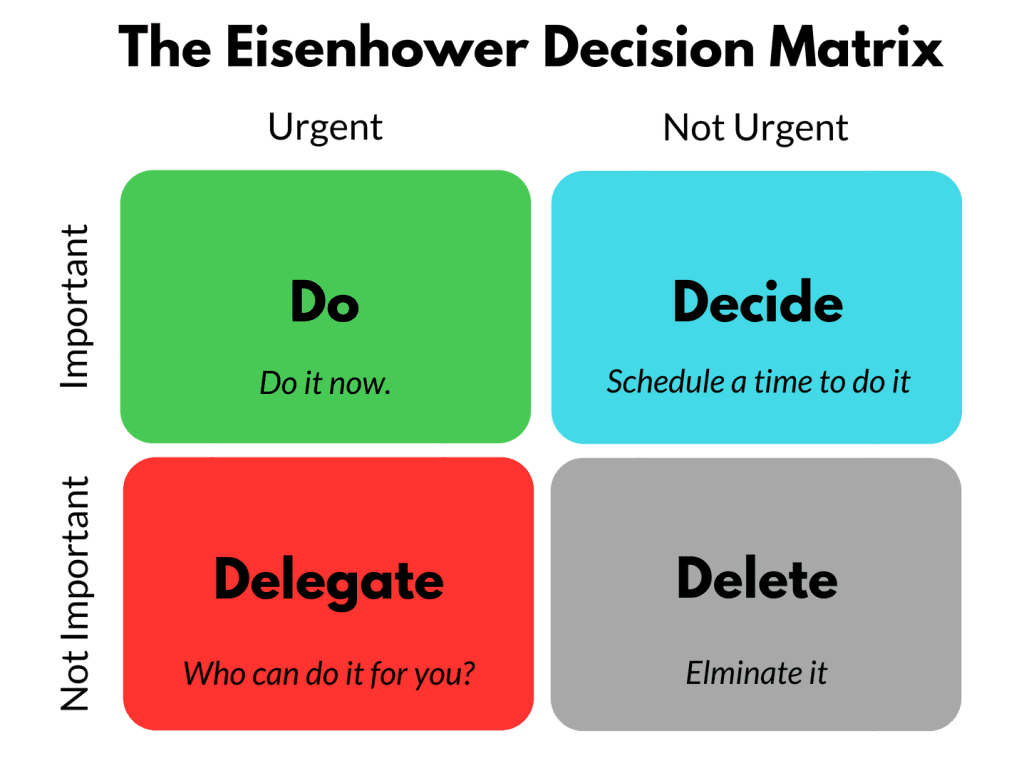Why it's very a very bad idea for managers to do both horizontal and vertical tasks?
And why it's also not a good idea for managers to estimate tasks and projects on behalf of their team(s)?
Let's first agree on one thing: time is your most scarce resource. You can't purchase more of it, you can't recycle it, you can't compress it or change its availability in anyway or shape!
It's more scarce than any other resource you have, whether it's people, codebase or anything.
This covers both your time and your team's time as well.
That given, let's go back to the first questions above. Why I consider that to be a very bad idea?
As a manager for any decent team (size 5+), you have very limited time. For a week of 40 hours and a team of 6, you have:
- 1:1s: for 45 min (once weekly) plus 45 minutes of preparations and follow ups to the 1:1s, and another 45 min of career development, conflict resolution, etc. That's 13.5 hours. Roughly about 34% of your total time. This is mainly if you want to have effective team management and development on individuals level.
- Team Meetings: You have to attend sprint ceremonies, For a sprint of two weeks, that's at least: 2 hours sprint planning, 2 hours backlog trimming and triaging, 1 hour of retro, total of 2.5 of daily standups, at least 4 hours to action things coming of retro and planning. That's a total of 11.5 hours per 2 weeks or roughly 6 hours per week. That's a total of 15% of your time.
Now, regular work alone has already taken roughly 50% of your time.
You still have (but not limited to):
- Strategic and tactical planning
- Alignment with stakeholders
- Customers relations and requests
- Dealing with tech debt and decisions on what to do with it and how
- Hiring
- Team's health as a unit (beyond individuals)
- Conflict resolution on the level of teams
- Roadmaps Planning and Design
You have only about 20 hours per week to do all the above. In order for you as a manager to also be vertical (write code, product system design, etc.), you need to do one of the following:
- Either work consistently more than 40 hours per week and take that time out of your family's time -> You would either get burnt out or you would destory your family on the long term.
- Or damage any of the above topics due to not having time to do them
The single fact here that low level tasks can be delegated to your employees. That's what they get paid to do and they actually can do it better than you because they do it full time rather than part time like you, but you can't really delegate any of the above. This is something you can find out about very easily using a tool like Eisenhower Matrix:

Add to this that to go that much vertical, you would "always" lose track of the horizontal aspect of your world and your view of what needs to be done "strategically" would always be biased by whatever you do on the vertical levels!
What makes it even more of a bad idea, that you get paid multiple times more for your time that you spend on such tasks which could be done by someone else getting paid a fraction of what you are getting paid to do it! Which would show a complete mis-management of resources and a total loss of your understanding of the concept of Return On Investment or ROI and it would reflect a place that you should run from if you are ever tasked to do that!!
Now when it comes to the second part of the first statement above: why managers should not estimate anything for their team?
There are multiple reasons for this:
- Based on the above, managers are not as vertical as their ICs. This means that their "current" knowledge of the product/area is not as deep as their ICs when it comes to low level tasks. As a result, you, as a manager, can never estimate that work with any sort of accuracy at all!
- Even if the manager discarded everything that was said above and worked on low level tasks, you, as a manager, can't estimate work for someone else!
Something that you think could take 5 points from you to do, could take from someone else 3 points or 10 points (based on experience and many other factors). If you do that for each individual, then welcome to being the worst micro-manager ever and prepare yourself for a very bad retention in your team!
So What should you do as a manager then?
As a manager, your main job is to maintain the balance and equilprium of a concept I got to call "The Golden Triangle of Perfection":

In order for you as a manager to be successful, you need to always maintain a balance between:
- People: this is not only your team, but people who you work with whether you manage, or report to or just work with on daily basis
- Customer: this is whoever on the other side of whatever you are building. It doesn't matter if it's internal or external customer, at the end of the day: it's just customer. Part of this equation would be the product you are building, its quality and so on.
- Business: at the end of the day, your company needs to generate income, otherwise, it would run out of money and it won't be able to pay salaries and employees would be laid off.
So every day, you need to take a decision to keep the overall "average" balance. In reality, it's impossible to have that balance in perfect shape at all time, that's why I said "average", to make this more clear, imagine that at some point, there was an outage in your product which is affecting customers. Now you need to push more towards people by making them work either more hours or over weekends and so on. Once the outage is fixed, you need now to push on the business to give those employees some bonus or off time in lieu of the time they spent outside their normal working hours.
You need to always put something in your mind: the moment you push too hard on one side of the triangle consistently, the entire triangle would collapse:
- You push too hard on people, they would either burn out of leave. Then there would be no one to serve the customers, the customers would leave and the business would close.
- You push too hard on customers, they would be unsatisfied, they would move to your competitors, the business would start to suffer from the income loss and it would start letting people go
- You push too hard on business, it would either run out of cash or it would collapse from inside and would let people go and then customers would suffer
So it is very critical to keep your time focused on what no one else in your team can do: BE A REAL MANAGER AND LEADER!







